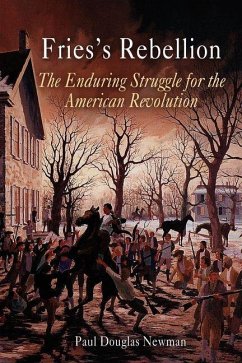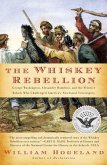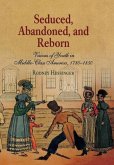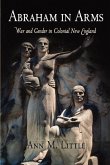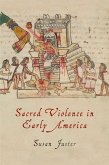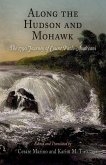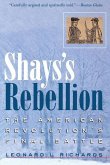In 1798, the federal government levied its first direct tax on American citizens, one that seemed to favor land speculators over farmers. In eastern Pennsylvania, the tax assessors were largely Quakers and Moravians who had abstained from Revolutionary participation and were recruited by the administration of John Adams to levy taxes against their patriot German Reformed and Lutheran neighbors.
Led by local Revolutionary hero John Fries, the farmers drew on the rituals of crowd action and stopped the assessment. Following the Shays and Whiskey rebellions, Fries's Rebellion was the last in a trilogy of popular uprisings against federal authority in the early republic. But in contrast to the previous armed insurrections, the Fries rebels used nonviolent methods while simultaneously exercising their rights to petition Congress for the repeal of the tax law as well as the Alien and Sedition Acts. In doing so, they sought to manifest the principle of popular sovereignty and to expand the role of local people within the emerging national political system rather than attacking it from without.
After some resisters were liberated from the custody of a federal marshal, the Adams administration used military force to suppress the insurrection. The resisters were charged with sedition and treason. Fries himself was sentenced to death but was pardoned at the eleventh hour by President Adams. The pardon fractured the presidential cabinet and splintered the party, just before Thomas Jefferson's and the Republican Party's "Revolution of 1800."
The first book-length treatment of this significant eighteenth-century uprising, Fries's Rebellion shows us that the participants of the rebellion reengaged Revolutionary ideals in an enduring struggle to further democratize their country.
Led by local Revolutionary hero John Fries, the farmers drew on the rituals of crowd action and stopped the assessment. Following the Shays and Whiskey rebellions, Fries's Rebellion was the last in a trilogy of popular uprisings against federal authority in the early republic. But in contrast to the previous armed insurrections, the Fries rebels used nonviolent methods while simultaneously exercising their rights to petition Congress for the repeal of the tax law as well as the Alien and Sedition Acts. In doing so, they sought to manifest the principle of popular sovereignty and to expand the role of local people within the emerging national political system rather than attacking it from without.
After some resisters were liberated from the custody of a federal marshal, the Adams administration used military force to suppress the insurrection. The resisters were charged with sedition and treason. Fries himself was sentenced to death but was pardoned at the eleventh hour by President Adams. The pardon fractured the presidential cabinet and splintered the party, just before Thomas Jefferson's and the Republican Party's "Revolution of 1800."
The first book-length treatment of this significant eighteenth-century uprising, Fries's Rebellion shows us that the participants of the rebellion reengaged Revolutionary ideals in an enduring struggle to further democratize their country.
Dieser Download kann aus rechtlichen Gründen nur mit Rechnungsadresse in A, D ausgeliefert werden.

